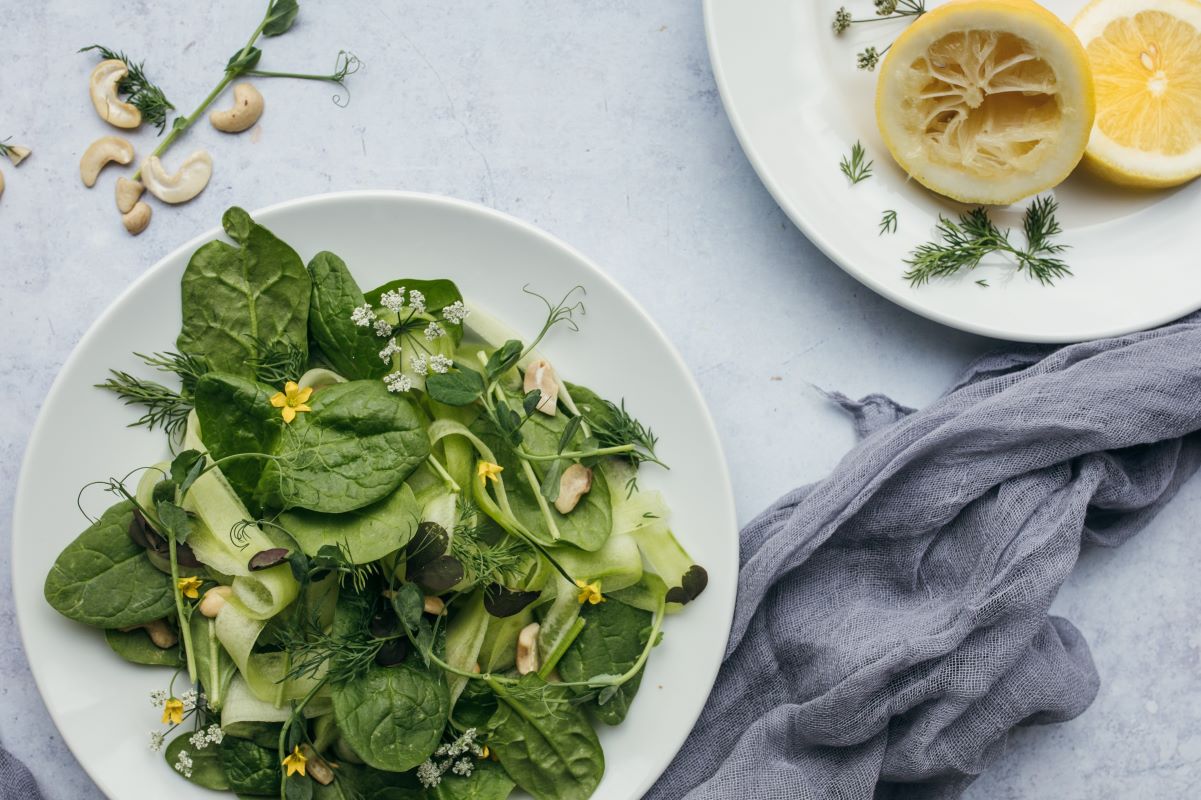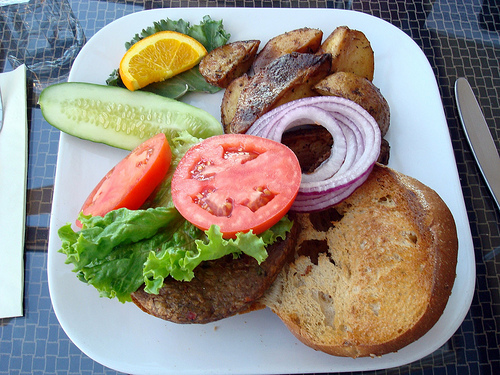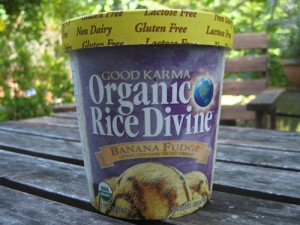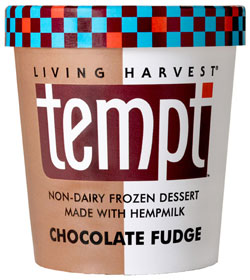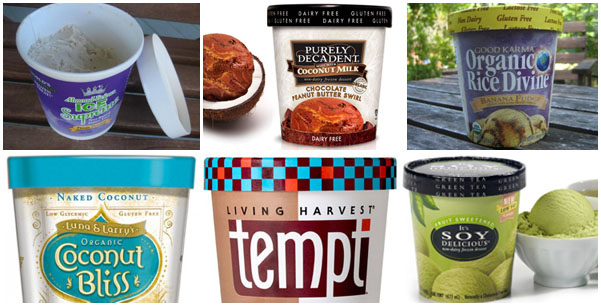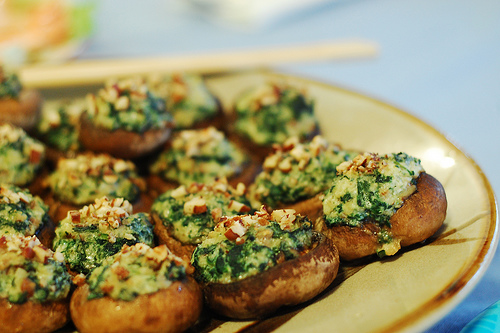Table of Contents
Biotin, also known as vitamin B7, is a water-soluble vitamin that plays a crucial role in human health. This nutrient is often synonymous with maintaining healthy hair, skin, and nails.
However, obtaining sufficient amounts of biotin can sometimes be challenging for those following a vegan diet. Traditional sources include animal products like eggs and meats, so understanding plant-based alternatives is essential for vegans.
Biotin and Its Importance in the Body
Biotin isn’t just a buzzword that you’ll find on the labels of hair care products; it’s a nutrient vital for numerous physiological processes. It assists in energy metabolism, sustains the health of hair and nails, and contributes to skin vitality.

Energy Metabolism
One of the crucial roles of biotin is its involvement in energy metabolism. It is a coenzyme for carboxylase enzymes, essential in metabolizing carbohydrates, fats, and amino acids. Biotin helps your body convert these macronutrients into energy, supporting daily physical and mental activities.

Hair and Nail Health
Biotin’s benefits for hair and nail health are often the most advertised, but they’re backed by more than just marketing statements. Biotin helps maintain strong and healthy hair by contributing to keratin production, a protein that makes up hair, skin, and nails.
Biotin supplements are often promoted to counteract hair loss and improve nail strength. However, the amount needed can vary, usually listed as mcg or mg on supplement labels.
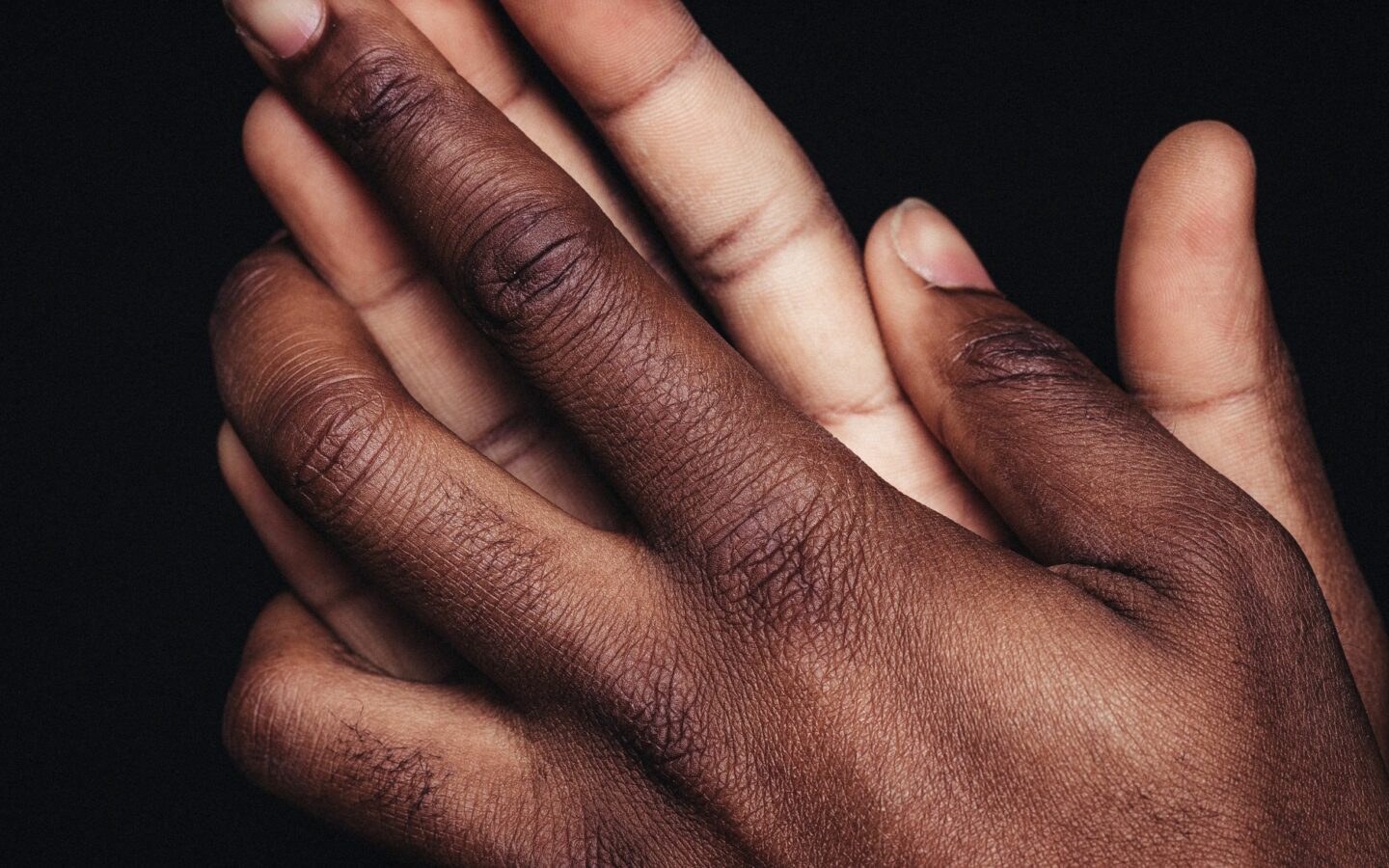
Skin Health
Biotin also plays a role in maintaining skin health. It aids in the metabolism of fatty acids for maintaining skin hydration. A biotin deficiency can lead to skin issues like rashes and dermatitis. Ensuring adequate biotin intake can contribute to a healthy complexion and may alleviate certain skin conditions.
Vegan Food Sources of Biotin
While biotin is commonly believed to be mainly found in animal products, don’t overlook plant-based sources. Several vegan-friendly foods can contribute to meeting the daily recommended intake of this crucial B vitamin.
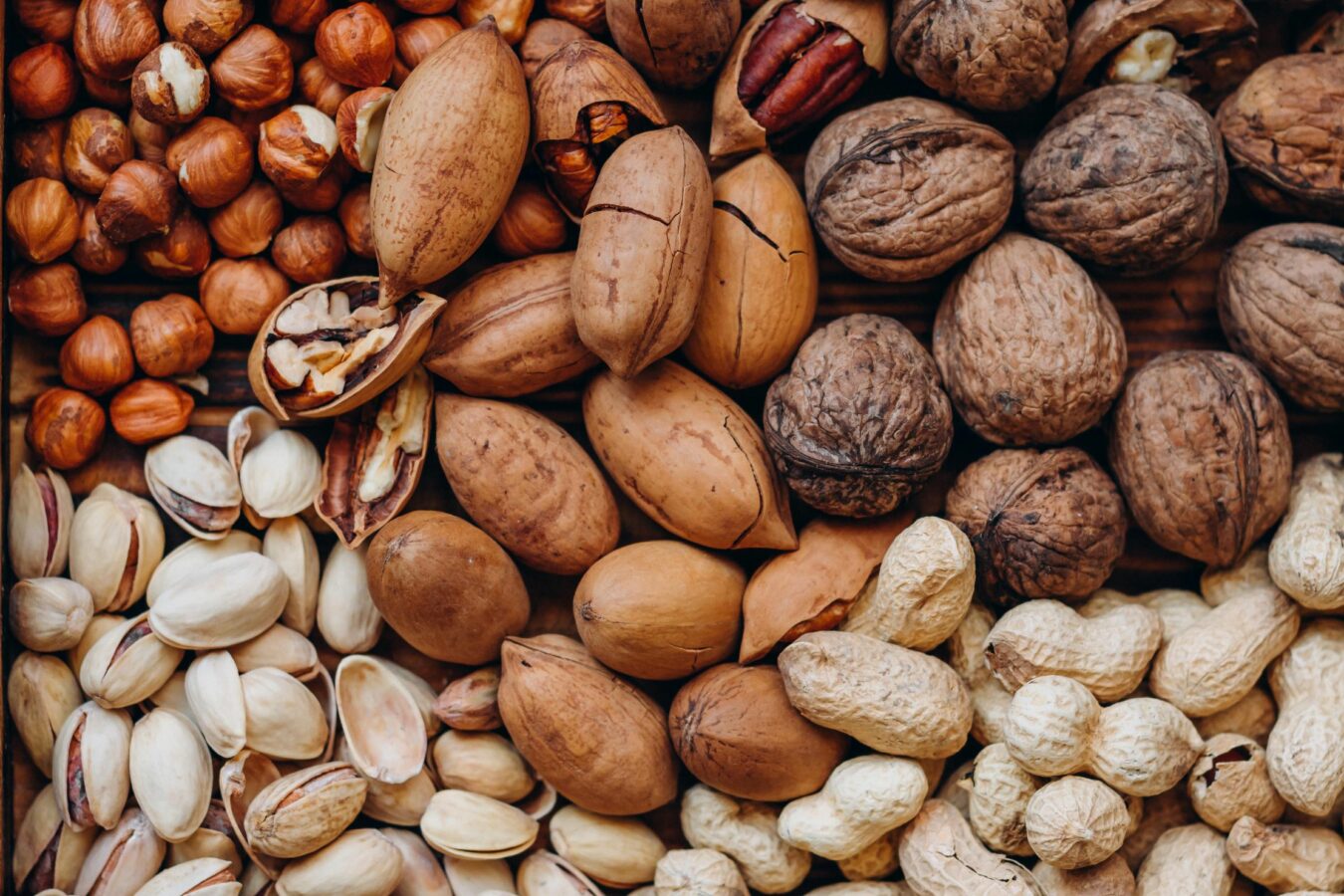
Nuts and Seeds
Almonds are rich in vitamin E and contain around 1.5 mcg of biotin per quarter-cup serving. Incorporating almonds into your diet can help you meet your biotin needs while providing healthy fats and protein.
A quarter-cup of walnuts offers approximately 1.1 mcg of biotin. Walnuts are also a good source of omega-3 fatty acids, making them a nutritious option for vegans.
Sunflower seeds contain about 2.6 mcg of biotin per quarter-cup serving. They are also a good source of vitamin E and can be easily added to salads or consumed as a snack.
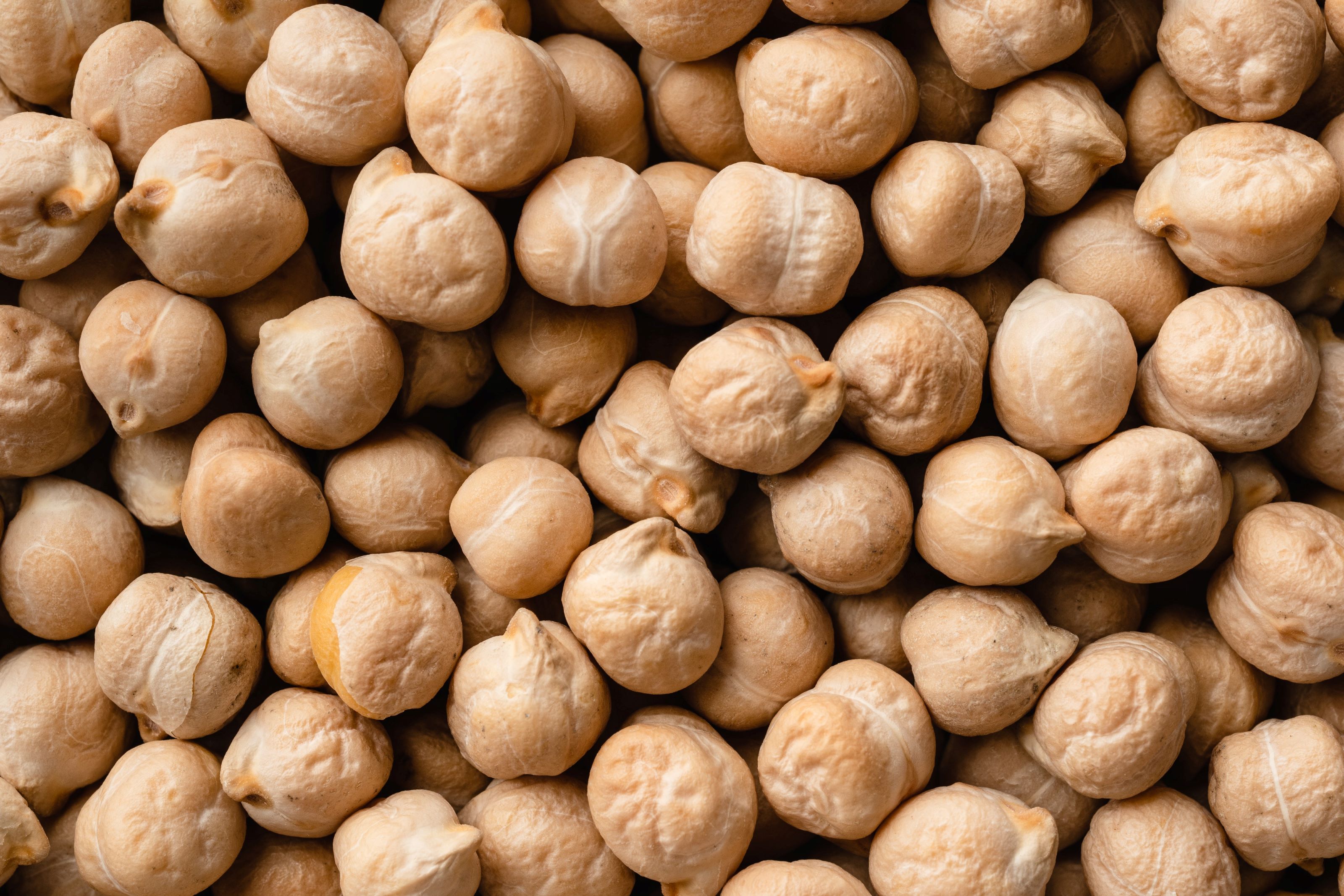
Legumes and Pulses
Lentils are a staple in many vegan diets, providing about 1.27 mcg of biotin per cup. They are also packed with protein and fiber, making them a well-rounded food choice.
Chickpeas offer approximately 0.4 mcg of biotin per cup. They are also rich in protein and other essential nutrients like folic acid.
Black beans provide around 0.6 mcg of biotin per cup. They are also high in protein and fiber, contributing to a balanced vegan diet.
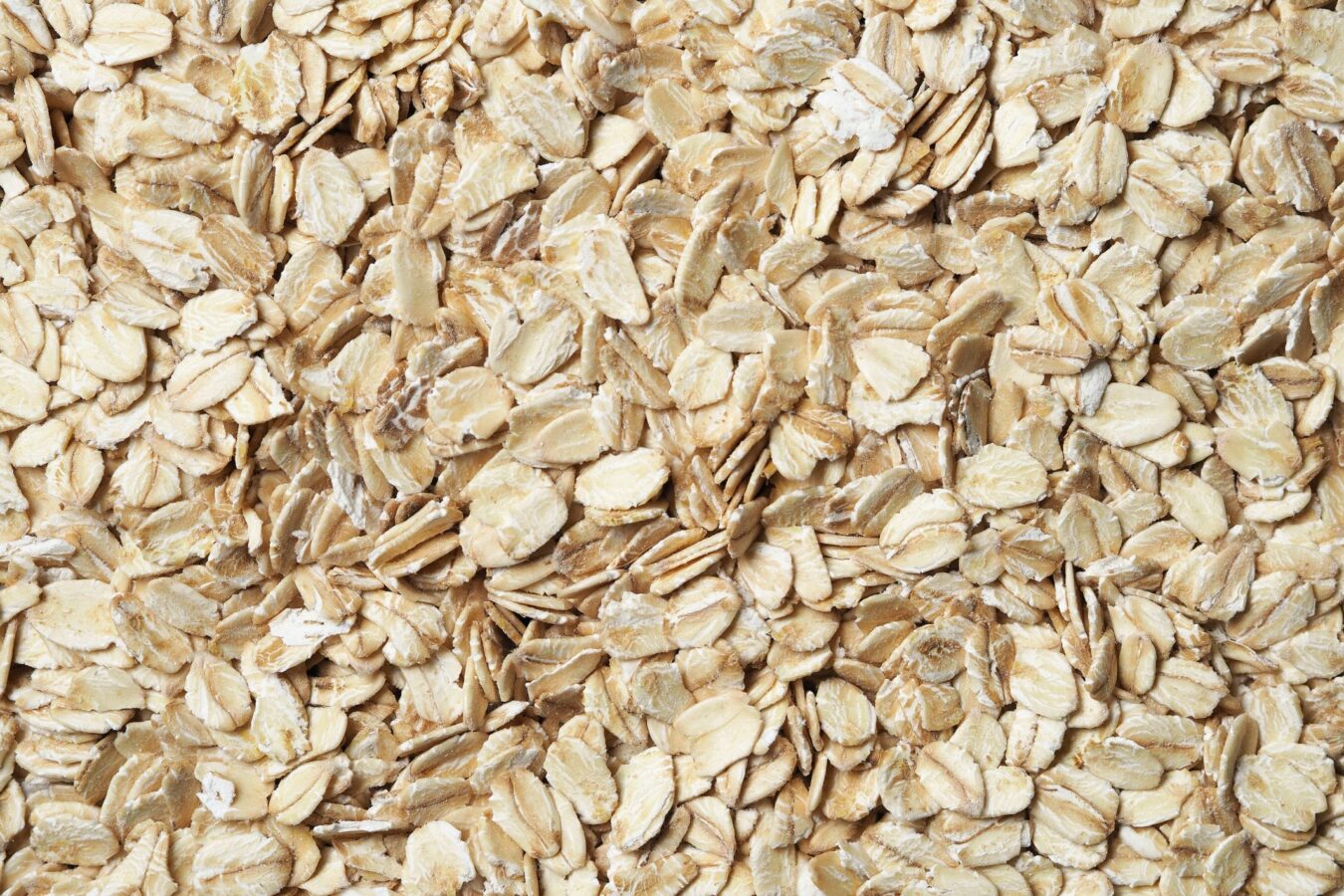
Whole Grains
A cup of cooked oats contains about 0.2 mcg of biotin. Oats are also a good source of other nutrients like fiber and protein, making them a hearty breakfast option.
Quinoa offers 0.2 mcg of biotin per cup when cooked. Quinoa is also a complete protein, containing all nine essential amino acids.
Brown rice provides around 0.1 mcg of biotin per cup. While not as high in biotin as other sources, it can still contribute to your daily intake as part of a balanced diet..
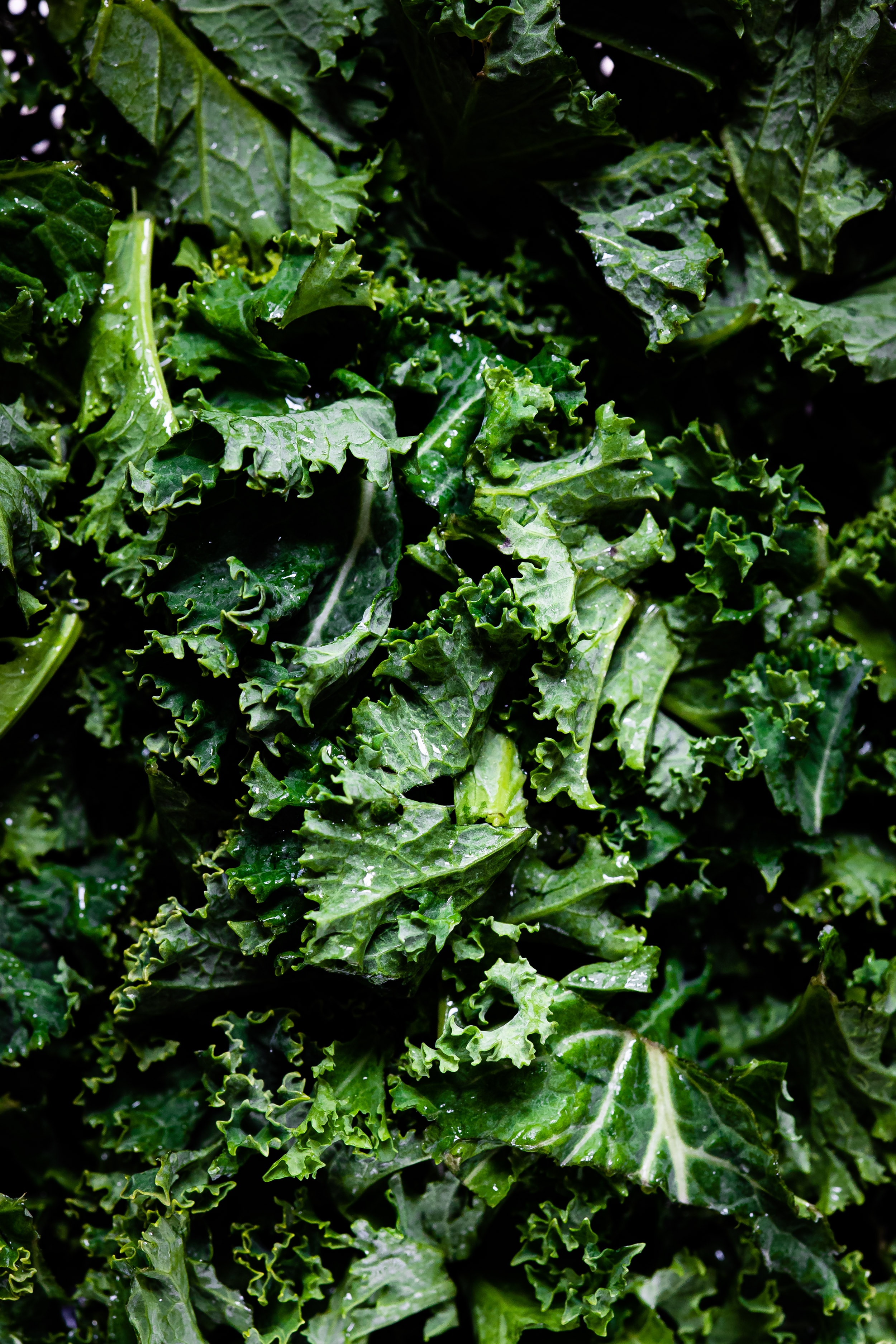
Leafy Greens
Spinach provides about 0.5 mcg of biotin per one-cup serving when cooked. This leafy green is also rich in other essential nutrients like iron and vitamin C, making it a healthy addition to any vegan diet.
One cup of cooked kale contains approximately 0.4 mcg of biotin. Apart from being a good source of biotin, kale is also high in vitamins A, C, and K.
Swiss chard offers around 0.3 mcg of biotin per cup when cooked. This leafy vegetable is also known for its high vitamin K and magnesium content.
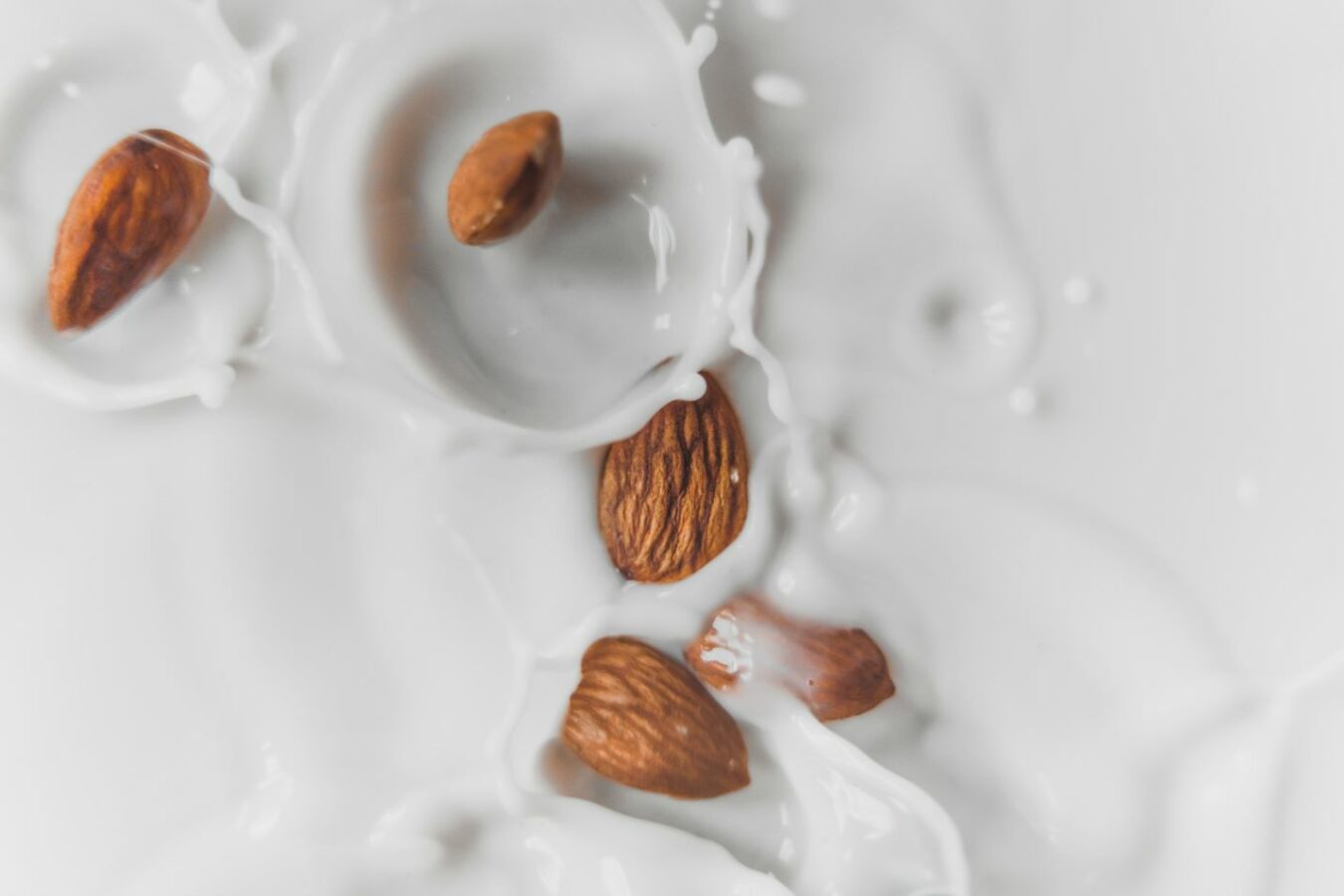
Fortified Foods
Many plant-based milk brands like almond, oat, and soy milk are fortified with biotin. A cup typically contains around 1-3 mcg of biotin and other essential nutrients like vitamin D and calcium.
Vegan-friendly cereals can also be a good source of biotin, with many offering up to 2 mcg per serving. Check the labels for exact amounts and opt for those made with whole grains for added nutritional value.
A popular vegan cheese substitute, nutritional yeast can contain up to 1.4 mcg of biotin per tablespoon. It’s also a good source of other B vitamins and is often used in vegan recipes to add a cheesy flavor.
Vegan Biotin Supplements
Supplements can play a pivotal role in meeting the biotin requirements for vegan diets, especially when dietary intake falls short. While biotin deficiency is relatively rare, certain conditions, such as hair loss or brittle nails, might prompt individuals to consider biotin supplements. For vegans, choosing cruelty-free and plant-based supplements becomes paramount.
Types of Biotin Supplements
There are various types of vegan biotin supplements available, each with its own set of benefits:
Capsules
Vegan biotin capsules are commonly made from plant cellulose and often include other beneficial ingredients like folic acid and amino acids. These are easy to incorporate into a daily routine.
Tablets
Another convenient option is biotin lozenges that dissolve under the tongue. These typically contain minimal ingredients and offer a quick and effective way to increase your biotin intake without swallowing a pill.
Chewables and Gummies
These are sugar-free, flavored options that make taking supplements enjoyable. However, checking the labels to ensure they don’t contain animal-derived ingredients like gelatin is crucial.
Liquid Drops
These can be added to water or juice and offer a faster absorption rate. They are usually fortified with vitamins like Vitamin B and C to boost overall health.
Considerations for Supplement Use
Before diving into the world of biotin supplements, there are some key considerations to keep in mind:
The recommended daily allowance for biotin varies by age and health conditions. For adults, the general recommendation is around 30 mcg per day. Always consult a healthcare provider for personalized advice.
Look for supplements from certified vegan and cruelty-free brands. Reading reviews and researching brands can provide valuable information.
To ensure the quality and potency of your biotin supplement, consider choosing third-party tested products. It adds an extra assurance that you’re getting a product free of contaminants which contains the amount of biotin stated on the label.
Always read the product labels for any additional ingredients you may be allergic to, such as gluten or dairy. Also, pay attention to the amount of biotin per serving to ensure it meets your nutritional needs.
Consult a Physician: Especially if you are pregnant, nursing, or taking other medications, it’s always wise to consult a physician before starting any new supplement regimen.
By being mindful of these factors, you can make an informed decision about adding a biotin supplement to your vegan lifestyle.
How the Body Uses Biotin
Understanding how the body absorbs, distributes, and uses biotin is essential for anyone considering supplementing their diet. Biotin is a water-soluble vitamin that can easily dissolve in water and gets carried through the bloodstream.
Most biotin in the diet gets quickly absorbed into the bloodstream from the small intestines. Once absorbed, biotin gets distributed to various tissues via the bloodstream, which plays a role in numerous physiological processes, from energy metabolism to skin health.
Unlike fat-soluble vitamins, biotin doesn’t get stored in the body in significant amounts. That means regular intake is essential for maintaining its benefits. The liver can store small amounts, but it’s primarily excreted in the urine, making daily consumption crucial.
Nutrients Affecting Biotin Absorption
The efficiency of biotin absorption can be affected by other nutrients in your diet. For example, certain proteins can either aid or interfere with biotin absorption. Eating a balanced diet with various nutrients is crucial to optimizing biotin intake and its utilization.
Apart from proteins, some minerals like magnesium and calcium can influence biotin absorption. Magnesium acts as a co-factor for enzymes that metabolize biotin, while an excess of calcium can potentially inhibit its absorption.
Positive Absorption Interactions
Certain nutrients can synergistically enhance the absorption and effectiveness of biotin:
Zinc and Biotin: This combination is often praised for its positive impact on hair and nail health. Zinc is a co-factor for various enzymes and can enhance protein synthesis, vital for hair and nail growth. Zinc and biotin can work synergistically to strengthen the hair and nails, making them less prone to breakage.
Negative Absorption Interactions
Some nutrients can enhance biotin’s absorption, but others can hinder it.
Raw egg whites contain an avidin protein, which binds strongly to biotin and prevents absorption. Cooking the eggs denatures avidin, making it less effective at binding biotin. Also, excessive alcohol consumption can affect the body’s biotin status and interfere with absorption.
Another lifestyle factor that can impact biotin levels is smoking. Tobacco use has been shown to accelerate biotin catabolism, potentially leading to lower biotin status. If you smoke, you may need to monitor your biotin levels more closely.
By understanding the nutrients affecting biotin absorption and their interactions, you can optimize your intake for better health outcomes.
Lifestyle Factors That Impact Biotin Needs
When meeting biotin needs, it’s not a one-size-fits-all scenario. Various lifestyle factors, such as pregnancy, medical conditions, and medication use, can significantly influence your biotin requirements, especially if you’re following a vegan diet.
Here’s a deeper look at how these lifestyle considerations affect your biotin intake.
Pregnancy and Biotin
Pregnancy is a critical period when biotin needs may increase. According to the National Institutes of Health (NIH), the Recommended Dietary Allowance (RDA) for biotin ranges from 25 to 30 micrograms (mcg) for adults.
Still, pregnant women may require more to support the developing fetus. During pregnancy, metabolic rates increase, and there is a greater demand for nutrients, including biotin.
Inadequate biotin levels during pregnancy may result in adverse outcomes, such as birth defects.
Medical Conditions
Certain medical conditions, such as Crohn’s disease or other forms of inflammatory bowel disease, can impair nutrient absorption, including biotin.
People with these conditions may need to pay special attention to their biotin intake and potentially consider supplements. In some instances, biotin deficiency can also lead to various skin conditions, hair loss, and neurological symptoms.
Therefore, consulting a healthcare provider for personalized recommendations is advisable.
Medication Use
Some medications can interfere with biotin absorption or metabolism. Anticonvulsant medications, for example, are known to reduce serum biotin levels.
In such cases, additional biotin supplements may be necessary, but it’s crucial to consult a physician for a tailored regimen that complements your medication.
Vegan Diet Considerations
For vegans, the challenge lies in finding plant-based sources rich in biotin. While many animal products are high in this B vitamin, plant-based options can be less potent. Foods like nuts and seeds, legumes, and whole grains can help vegans meet biotin requirements. Fortified foods and vegan biotin supplements can also be viable options.
Meeting your biotin needs can be particularly challenging when you have special lifestyle considerations. Pregnancy, specific medical conditions, and medication use can all necessitate an increased intake of this crucial vitamin.
As biotin plays a vital role in a range of physiological processes, from energy metabolism to hair and nail health, it’s important to ensure you’re getting enough, regardless of your life stage or medical history. Consult your healthcare provider to determine your needs and appropriate supplements or dietary adjustments.
FAQ
For those who have questions about biotin in a vegan lifestyle, we’ve compiled some frequently asked queries below to provide concise and useful information.
How much biotin do I need daily on a vegan diet?
The daily recommended amount of biotin for adults is around 25 to 30 mcg, according to the National Institutes of Health and the Food and Drug Administration. Whether you’re on a vegan diet or not, this recommendation remains the same. However, individual needs may vary based on age, medical conditions, and lifestyle.
Can I get enough biotin from plant-based foods alone?
Yes, you can get enough biotin from a well-planned vegan diet. Plant-based foods like nuts and seeds, legumes, and whole grains are good sources of biotin. Fortified foods and supplements can also help you meet your biotin requirements.
Are biotin supplements necessary for vegans?
Biotin supplements are not strictly necessary for everyone on a vegan diet. However, supplements could be beneficial if you have certain medical conditions, are pregnant, or are on medications that interfere with biotin absorption. Always consult a healthcare provider for personalized recommendations.
Does biotin help with hair and nail growth?
Yes, biotin is known to support healthy hair and nail growth. It plays a key role in producing keratin, the primary protein in hair and nails, which can promote growth and strength.
Can biotin improve skin health and complexion?
Biotin is thought to improve skin health by aiding in the metabolism of fatty acids, which are crucial for maintaining skin hydration. While more research is needed, evidence suggests that biotin can support a healthy complexion.
